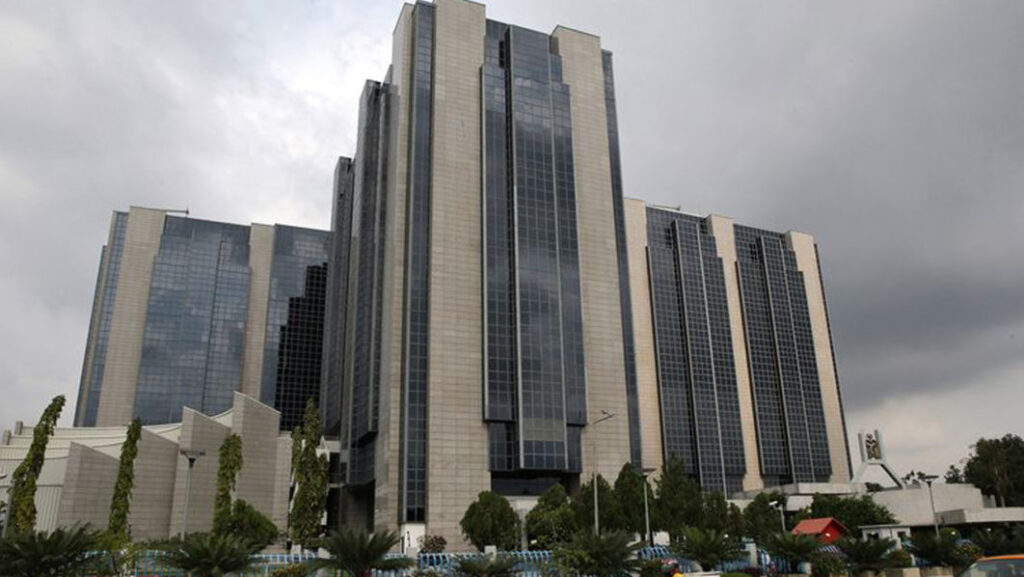
That the recently-introduced new Fiscal Policy Measures and Tariff Amendments (FPM 2023) missed the traditional fawning review of the national economic managers may have sent a strong message, perhaps, about the fast-dwindling popularity of such trite or that there are just too many of such hurriedly-prepared policies taking the attention of the inner circle. But it, certainly, does not connote novelty of some sort that will require tact before the usual dress-up.
By introduction, President Muhammadu Buhari may have shaken off the lame-duck label. But that is as far as the approval may go. Of course, it is not the only decision the President is throwing into the funnel for the incoming administration.
This certainly, has overreaching implications for economic survival and already-burdensome cost of living.
The implementation route of the circular approved by the Minister of Finance, Budget and National Planning, Zainab Ahmed, last two weeks is still hazy but the contents are clearly laid out. The circular label filed as HMFBNP/MDAs/circular/2023FP/04 contains the following highlights – supplementary protection measures (SPM), revised excise duty rates, green taxes and telecommunications taxes.
According to the document already being considered as Buhari’s partying gift to struggling Nigerians, SPM has to deal with the implementation of the ECOWAS Common External Tariff 2022 to 2026. With most items contained in the category retaining the FPM 2022 duties, the changes will take effect from today subject to a 90-days grace period for importers who opened Form M before today.
Rice, woven fabrics, ceramics tiles and sinks, steel, containers for compressed or liquified gas, aluminum cans, washing machines, electric generating sets and rotary converters, smartphones, passenger motor vehicles and electricity meters are items listed under the category
Additional excise taxes ranging from 20 to 100 per cent increases on previously approved rates for alcoholic beverages, tobacco, wines and spirits have been introduced effective from June 1. While the excise duty on non-alcoholic beverages is retained at N10 per litre, that of alcoholic drinks has seen an upward review. Application of excise duties on beer and stout this year, in line with FPM 2022, is N45 per litre, which was to graduate to N50 next year.
According to the document, there is also the introduction of a green tax by way of excise duty on single-use plastics (SUPs), which include plastic containers, films and bags at 10 per cent rate. Import adjustment tax (IAT) levy has also been introduced on motor vehicles of 2000 to 3999 cubic centimetres (cc) engines at two per cent while 4000cc and above will be taxed at four per cent.
Vehicles below 2000cc, mass transit buses, electric vehicles and locally-manufactured vehicles are exempted from the levy, which takes effect June 1, 2023.
The FPM 2023 has also confirmed that excise duty on telecommunication services as introduced through the Finance Act 2020 and gazetted last May following presidential approval. This imposes a five per cent tax on all telephone voice, SMS and data services on both pre- and post-paid customers.
In a review, a partner at PwC, Taiwo Oyedele, has punctured the fiscal policy on the ground of legality, consistency, impact assessment, stakeholder engagement and broader economic relevance.
“It should be noted that the green taxes are not supported by a specific enactment to provide the legal framework or delegated authority for the imposition of the tax as is the case for beverages and telecommunication services for instance,” the tax expert argues.

He also question the rationale behind increasing excise taxes for 2023 and 2024 above what was contained in the 2022 document, noting that it amounts to policy inconsistency to approve tax rates for a period and then change the rules midway into the implementation without any compelling reasons or appropriate engagement with the affected industries.
Apart from 2020, when excise on beer and stout was retained at N35 and wine at N150 per litre, excise duty on alcohol has been on an upward trend since 2018. Sadly, global market data have shown a positive correlation between excise and illicit market growth. Perhaps, the most damaging aspect of unaffordable excise duty on beer beverages – there is a high positive correlation between the tax and the growth of the illicit market. African countries are known for weak implementation of fiscal policies including taxes. While the formal corporate organisations that create jobs and grow the economy are ‘held hostage’ by such policies, the government inadvertently hands over the market to smugglers and illicit traders.
Kenya, South Africa, Zambia, and many other African countries have had their fair, unsavoury taste of how misapplied exercise duties could create an illicit market and weaken the formal sector.
The Kenyan drive to reduce alcohol consumption through prohibitive excise duty in the 1990s and Diageo’s Senator Keg campaign is a classic case in branding and marketing. With the increase in excise duty, young Kenyans could only substitute popular beer with cheaper brands, which turned out to have health consequences. Diageo decided to introduce an affordable beer (Senator Keg) to penetrate the illicit market. Diageo was able to introduce the product at 15-20
Kenyan shillings per glass with a 100 per cent excise remission.
Senator Keg’s price was marginally higher than illicit alcohol; thus, it reduced the size of the illicit market to about 50 per cent by 2013. However, tax remissions were reduced to 50 per cent in 2013, and that led to an 86 per cent decline in Senator Keg’s volumes, 48 per cent reduction in outlets and thousands of job losses to farmers. But the government had to quickly intervene to save the industry and the value chain. About six years ago, it raised tax cutbacks back to 90 per cent, paving the way for a gradual recovery of the industry and jobs.
In 2014, Zambia’s illicit alcoholic market stood at 40 per cent amid disjointed tax policies, weak enforcement and a rising misery index. Zambia has had high excise duties on alcohol, historically, and this has led to a large gap between legal and illicit prices.
In 2001, there was an 85 per cent excise on clear beer, 125 per cent excise on wine and spirits and 35 per cent excise on opaque beer.
The government had raised the excise duty on clear beer to 60 per cent of its 2014 budget to check the social ills of alcohol abuse. Sadly, data from Euromonitor International shows that instead of a decline in cases of abuse, the reverse has been the reality. Zambia’s illicit alcohol market grew from 39 per cent in 2014 and it is currently 69.5 per cent.
The excise rate was subsequently reduced, but Zambia is still battling the consequences.
But there is much more to taxation than it breeds adulteration. The Buhari administration’s tax system tends towards consumption, which is a threat not only to the purchasing power of Nigerians, but also to the survival of the economy itself. Excessive consumption tax weakens purchasing power and could trigger under-consumption, which could cripple production and leads to unemployment, and when the process graduates into a positive feedback loop, it could spiral into a national crisis.

But more sadly, consumption is the most relevant identity to Nigeria’s gross domestic product (GDP). In 2021, consumption accounted for 62.2 per cent of the country’s nominal GDP. In the preceding year, it was almost 64 per cent, underpinning the role of consumption in the country’s economic survival. That suggests that growing consumption (and not stifling) is a necessary option for growing the economy and expanding the revenue (tax) base.
Considering the poverty level, the country’s marginal propensity to consume (the proportion of extra income earned that goes into consumption) among ordinary people could be as high as 95 per cent. That also reveals the growth potential of expanding national consumption of especially locally-produced items.
Of course, growing tax revenue and active consumption do not have to be mutually exclusive. In the past fear years, the tax system seems to be more retrogressive following the shift of attention to consumption, perhaps this does not seem to require much deep thinking.
This tendency begs the question of what the authorities are doing with the luxury lifestyles of the top 0.1 per cent of the population. What has the government done with the top-end unoccupied property in Ikoyi, Lekki, Maitaima and Asokoro? What about the rarely-driven luxury cars carefully tapolined in our GRAs across the countries?
What can the government creatively milk out of the waste to advance the common good? Beyond revenue, taxation is a wealth redistribution mechanism, which many Western countries have used effectively to reduce social tension. The yearly ritual called the Finance Act should begin to innovate in these areas. In some environments, they are also considered part of the sin tax.
The desperation to expand the revenue base through an expanded tax system is understandable. The traditional commodity sale revenue is collapsing, a reason the tax maximalists in Buhari’s cabinet have insisted Nigeria’s tax-to-GDP ratio, which is among the lowest in Africa, must be raised substantially. It is time the government also acknowledged that taxation is also used to grow the economy as much as it takes from it. Otherwise, taxes are not nothing but poisonous pills.










